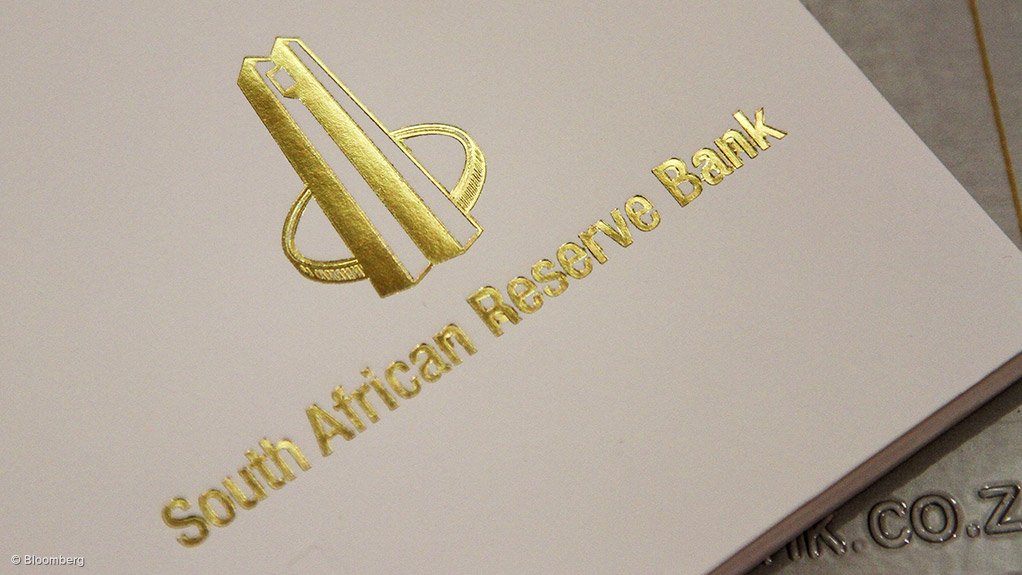/ MEDIA STATEMENT / The content on this page is not written by Polity.org.za, but is supplied by third parties. This content does not constitute news reporting by Polity.org.za.
BIS Innovation Hub and central banks of Australia, Malaysia, Singapore and South Africa develop experimental multi-CBDC platform for international settlements
Project Dunbar developed two prototypes for a shared platform that could enable international settlements using digital currencies issued by multiple central banks.
The platform was designed to facilitate direct cross-border transactions between financial institutions in different currencies, with the potential to cut costs and increase speed.
The project identified challenges of implementing a multi-CBDC platform shared across central banks and proposes practical design solutions to address them.
The Bank for International Settlements (BIS) Innovation Hub, the Reserve Bank of Australia, Bank Negara Malaysia, the Monetary Authority of Singapore, and the South African Reserve Bank today announced the completion of prototypes for a common platform enabling international settlements using multiple central bank digital currencies (mCBDCs).
Led by the Innovation Hub’s Singapore Centre, Project Dunbar proved that financial institutions could use CBDCs issued by participating central banks to transact directly with each other on a shared platform. This has the potential to reduce reliance on intermediaries and, correspondingly, the costs and time taken to process cross-border transactions.
The project was organised along three workstreams: one focusing on high-level functional requirements and design, and two concurrent technical streams that developed prototypes on different technological platforms (Corda and Partior).
The project identified three critical questions: which entities should be allowed to hold and transact with CBDCs issued on the platform? How could the flow of cross-border payments be simplified while respecting regulatory differences across jurisdictions? What governance arrangements could give countries sufficient comfort to share critical national infrastructure such as a payments system?
The project proposed practical solutions for addressing these issues, which were validated through the development of prototypes that demonstrated the technical viability of shared multi-CBDC platforms for international settlements.
“A common platform is the most efficient model for payments connectivity but is also the most challenging to achieve. Project Dunbar demonstrated that key concerns of trust and shared control can be addressed through governance mechanisms enforced by robust technological means, laying the foundation for the development of future global and regional platforms,” said Andrew McCormack, Head of the BIS Innovation Hub Centre in Singapore.
The project’s findings also affirmed that any such arrangement should be subject to the governance deemed appropriate by central bank participants, including allowing them to retain control of the application of rules on a jurisdictional and currency level.
The details and conclusions of the project were published today in a report(link is external) that supports the efforts of the G20 roadmap for enhancing cross-border payments, particularly in exploring an international dimension of CBDC design.
“Even though multi-CBDC exploration is at its infancy, Project Dunbar highlights the possibilities of using multiple CBDCs issued on a shared platform for international settlement. While many unknowns remain, and a number of areas still require further investigation, it is only through our collective understanding and journeying together that we can meaningfully contribute to the G20 roadmap for enhancing cross-border payments. We are privileged to be part of this pioneering piece of work,” said Rashad Cassim, Deputy Governor, South African Reserve Bank.
Feedback on the joint report can be directed to the Dunbar project team at Singapore.centre@bisih.org(link sends e-mail)
Issued by South African Reserve Bank
EMAIL THIS ARTICLE SAVE THIS ARTICLE ARTICLE ENQUIRY
To subscribe email subscriptions@creamermedia.co.za or click here
To advertise email advertising@creamermedia.co.za or click here











